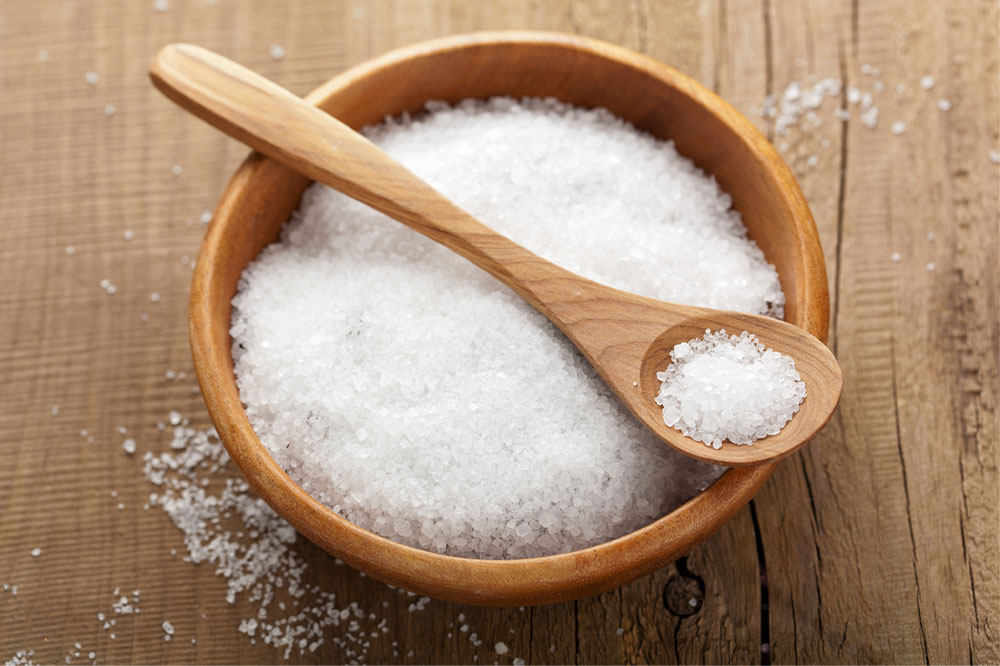5 silent signs of prostate cancer
The prostate gland is a part of men’s urinary and reproductive systems. It is responsible for making and releasing fluids that provide nutrients and lubrication for the sperm. When these cells that make these fluids develop cancer, they lose out on the normal control processes that the regular cells in the body have. If caught at an early stage, prostate cancer is curable. In rare cases, prostate cancer may have silent signs and symptoms, such as: Bladder or urinary troubles A prostate tumor that has enlarged significantly may begin to press on the bladder and the urethra, causing trouble in passing urine. This may include urinating more frequently, spotting blood in semen or urine, or incontinence. However, urinary symptoms alone may not signal cancer. They could result from benign diseases such as prostatitis or Benign Prostatic Hypertrophy (BPH), which cause similar symptoms. Losing bowel control Prostate cancer may also spread to the bowel, leading to stomach pain, constipation, or passing blood in the stool. Soreness in the groin The spread of cancer in the body impacts the functioning of lymph nodes. With the advancement of prostate cancer in the body, the nodes around the groin are often the first to be affected, causing pain or soreness.
Read More 









